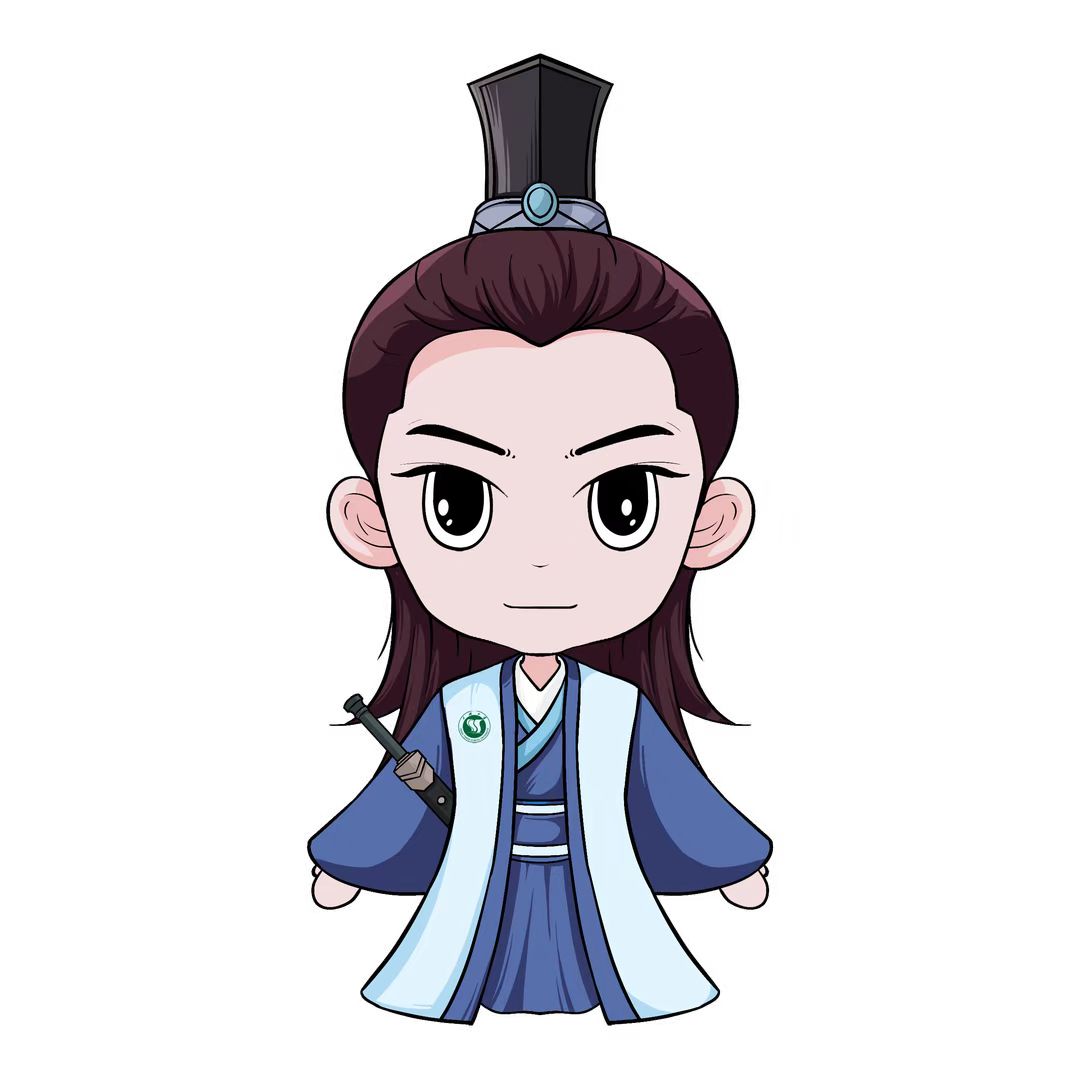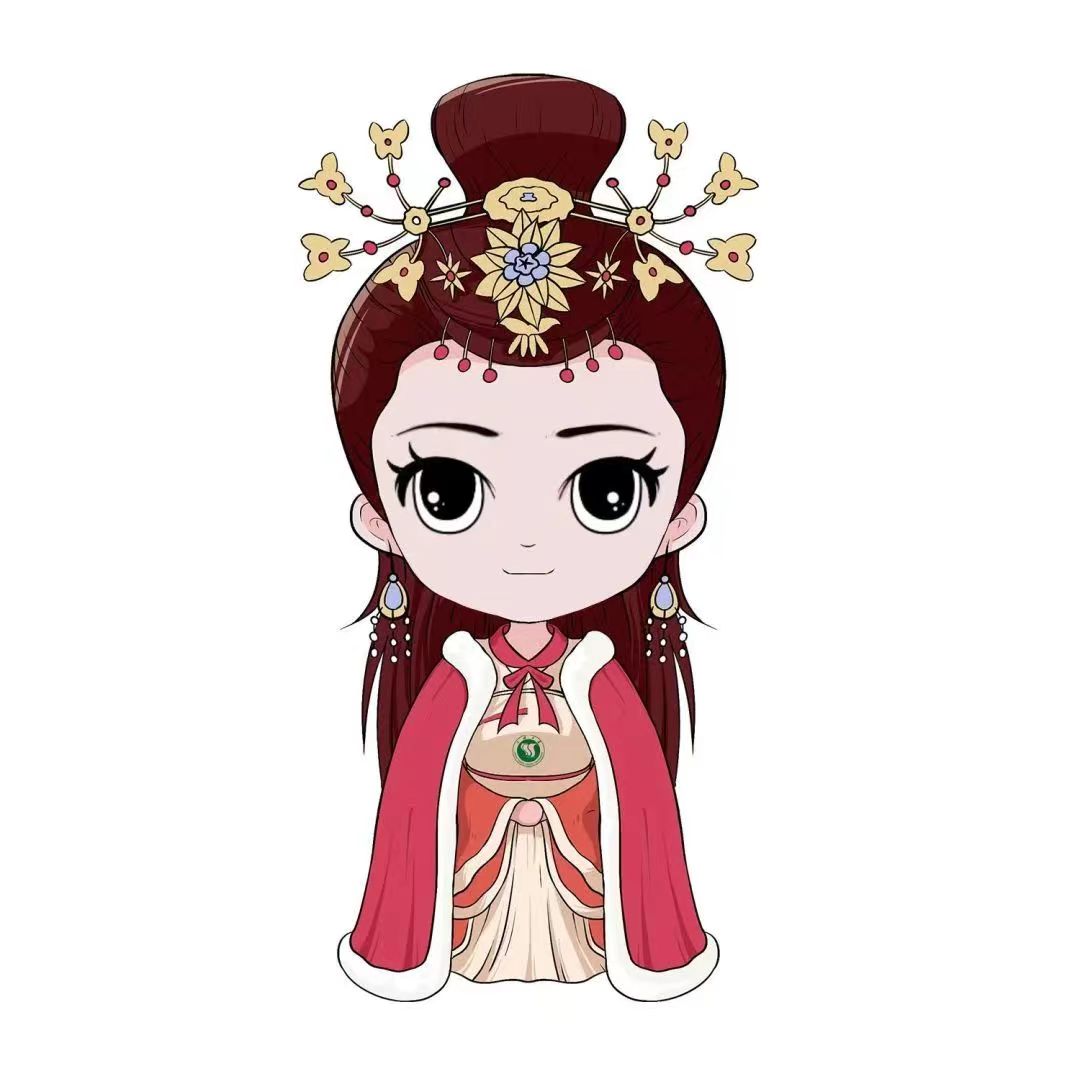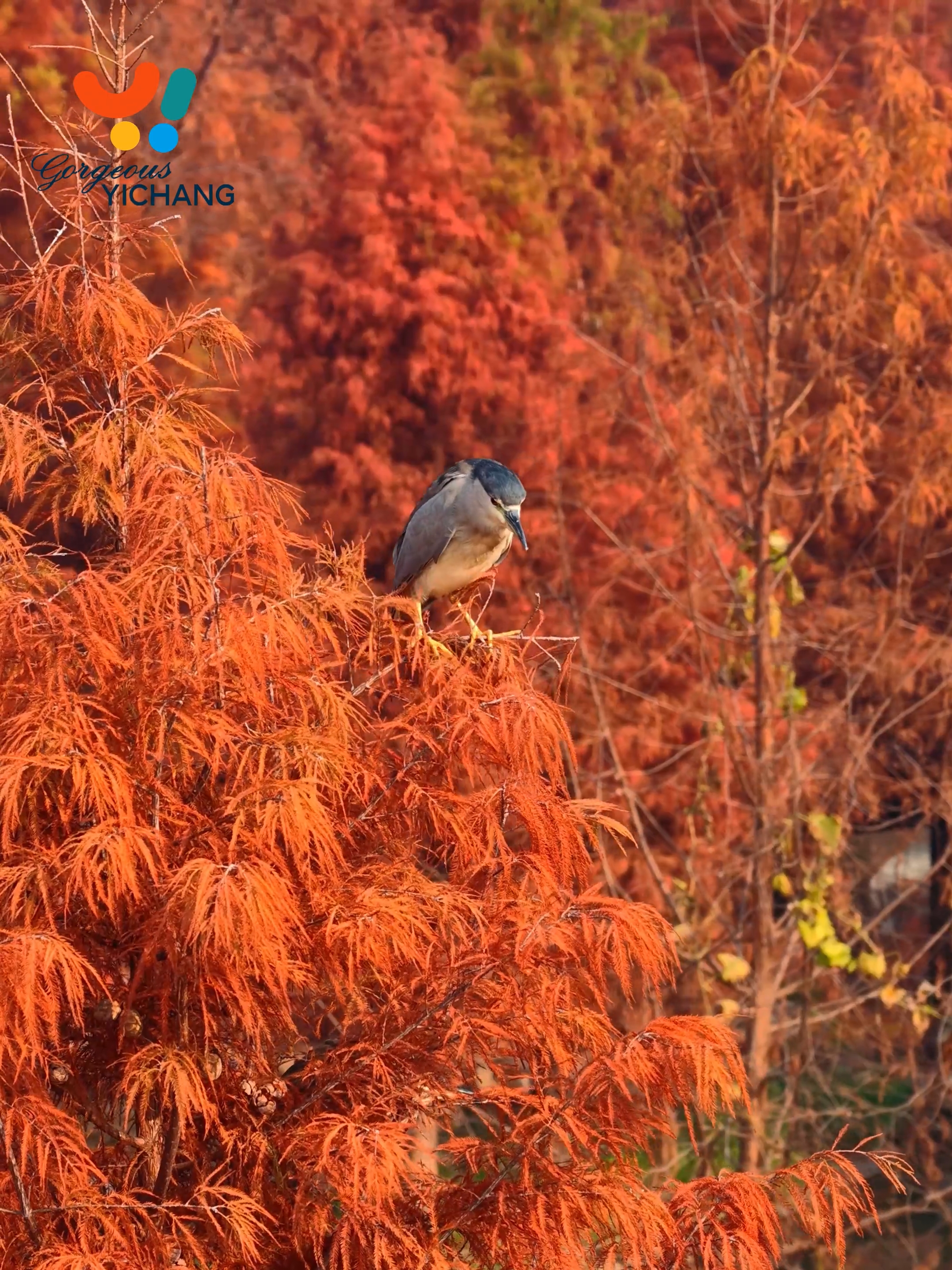Three Gorges University launches animated icons as social ambassadors
To prepare for its 100th anniversary celebration next year, Yichang’s biggest university has recently launched two animated icons to serve as the school’s social media ambassadors.
China Three Gorges University (CTGU) is a comprehensive university in Yichang with an expertise in hydropower resource studies, thanks to its close location to Gezhouba Dam and Three Gorges Dam projects. The university will celebrate its 100th year in 2023, which also marks the 45th anniversary of its undergraduate program. The university’s Convergence Media Center launched the characters "Qu Xiaoyuan" and "Zhao Xiaojun" on October 20. These cartoon icons were introduced as the ambassadors for the school’s WeChat accounts.

Qu Xiaoyuan

Zhao Xiaojun
The ideas for the cartoons originated from Qu Yuan (c. 340 – 278 BCE) and Wang Zhaojun (c. 52 – 19 BCE), two famous historical and cultural celebrities in China, both born in Yichang. They were conceived by Professor Peng Hongwei in the School of Literature and Media at CTGU, and designed by Fan Tao, a graduate student in the School of Arts, and his team.

▲Professor Peng Hongwei of the School of Literature and Media

▲Fan Tao, a graduate student of the School of Arts
Qu Yuan was one of the greatest poets in ancient China. Born in the State of Chu (c. 1030 – 223 BCE) during the Warring States Period (475-221 B.C.), Qu served as a high-ranking official in Chu. However, his appeal for a political overhaul set back his career. He wrote many famous poems, including the longest piece of lyric poetry in ancient China “Li Sao.” His poems expressed a deep concern and love for his country. He is considered as the founder of romanticism in Chinese literature.
Wang Zhaojun was one of the “Four Beauties” of ancient China. She was born in Zigui County of current Yichang City in the Western Han dynasty (206 B.C.-8 A.D.). Her beauty, along with her musical and dancing talent, was well known by most Chinese.
CTGU is deeply rooted in the cultural heritages of Qu and Wang. Its school song and motto are all derived from Qu’s poetry. The university has also set up the Qu Yuan Culture Research Center and Wang Zhaojun Culture Research Center to actively revitalize Qu Yuan’s cultural legacy and promote local culture.






